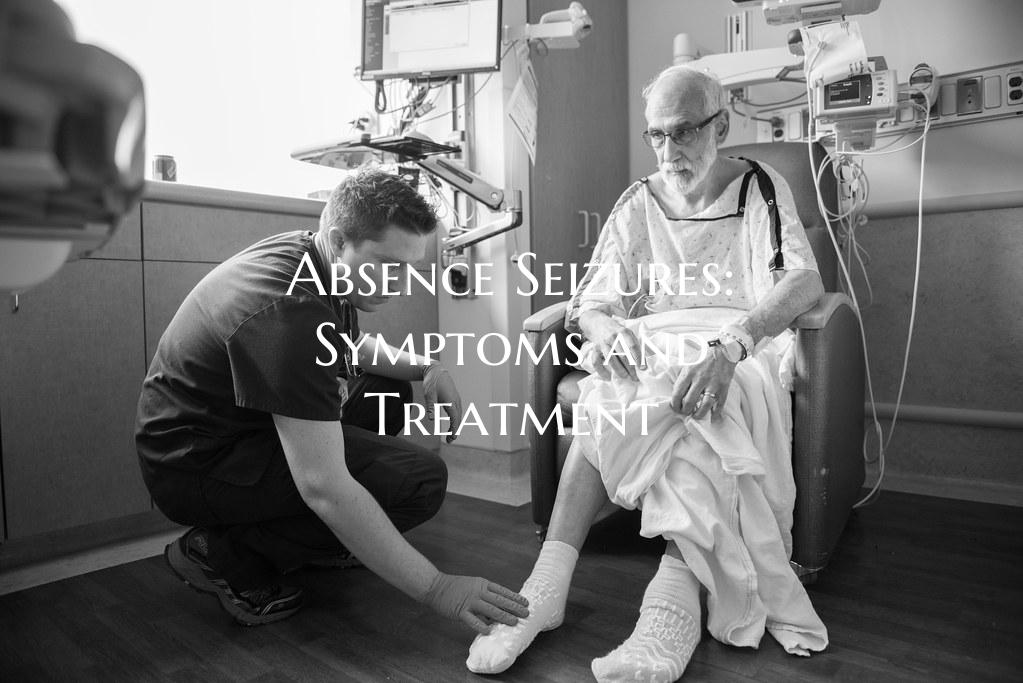
Absence Seizures: Symptoms and Treatment
Absence seizures, also known as petit mal seizures, are a type of seizure that is most commonly seen in children, although they can occur at any age. These seizures are characterized by a brief loss of consciousness and awareness, often lasting for just a few seconds. While they may seem mild compared to other types of seizures, absence seizures can still have a significant impact on a person's life if not properly managed.
Symptoms of absence seizures typically include:
1. Sudden Staring Spells: The individual may suddenly stop what they are doing and appear to be staring into space. 2. Unresponsiveness: During the seizure, the person is not responsive and may not be aware of their surroundings. 3. Fluttering Eyelids or Lip Smacking: Some individuals may exhibit subtle facial movements during an absence seizure. 4. Brief Duration: The seizure usually lasts for about 10-20 seconds and individuals quickly return to their normal state afterwards.
Treatment for absence seizures often involves medication, such as anti-seizure drugs like ethosuximide, valproic acid, or lamotrigine. The goal of treatment is to reduce the frequency and severity of seizures, allowing the individual to lead a more normal life. It is important for individuals with absence seizures to work closely with their healthcare provider to find the most effective treatment plan for their specific situation.
In addition to medication, lifestyle changes such as getting regular sleep, managing stress, and avoiding triggers can also help in managing absence seizures. Keeping a seizure diary and noting any triggers or patterns can be helpful in understanding and managing the condition.
People with absence seizures can lead full and productive lives with the right treatment and support. It is essential for individuals with this condition to have a strong support system that includes healthcare providers, family, and friends who understand the condition and can provide assistance when needed. Early diagnosis and appropriate treatment are key to managing absence seizures effectively and improving quality of life.